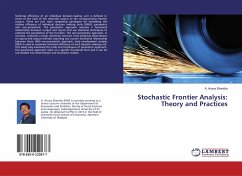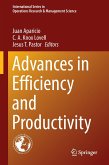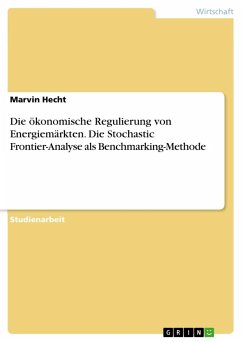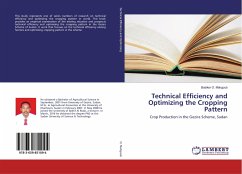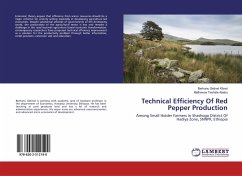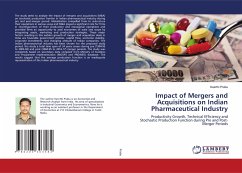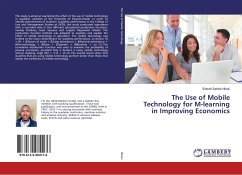Technical efficiency of an individual decision-making unit is defined in terms of the ratio of the observed output to the corresponding frontier output. There are two main competing paradigms for estimating the relative efficiency of individual decision making units (DMU); parametric and non-parametric. The parametric approach assumes a functional relationship between output and inputs and use statistical techniques to estimate the parameters of the function. The non-parametric approach, in contrast, contracts a linear piecewise function from empirical observations on inputs and output without assuming any a priori functional relationship between them. With non-parametric approach, data envelopment analysis (DEA) is used to eastimate technical efficiency of each decision making unit. This study only examined the tools and techniques of parametric approach. The parametric approach relies on a specific functional form and it can be sub-divided into deterministic and stochastic models.
Bitte wählen Sie Ihr Anliegen aus.
Rechnungen
Retourenschein anfordern
Bestellstatus
Storno

